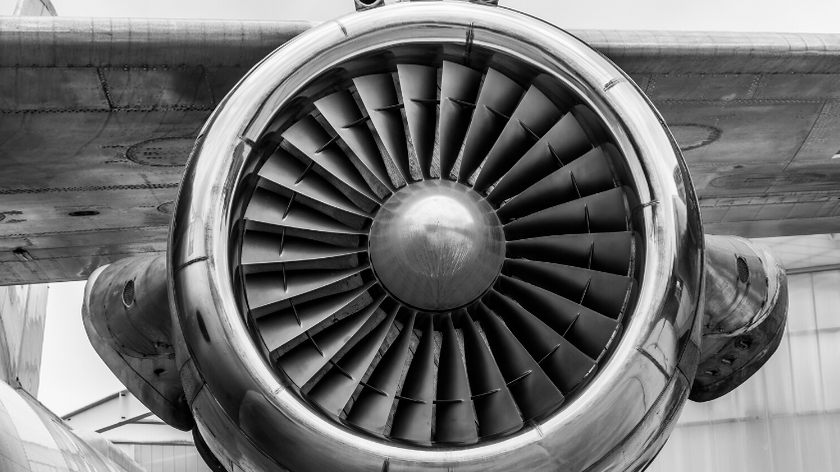Editors Note: Deliveries of this high technology product should be stopped. At least until China starts delivering their high tech products to us.
CFM, a joint venture between GE and France’s Safran, is asking for a license to export more LEAP 1C jet engines to China
The Trump administration is considering a proposal to halt deliveries of jet engines co-produced by General Electric Co. for a new airliner being developed in China, a potential escalation of protective trade measures that could have steep repercussions for the major American manufacturer.
The administration may decline to issue a license allowing CFM International, a joint venture of GE and France’s Safran SA, to export more of its LEAP 1C jet engines to China, people familiar with the discussions said. The engines are being used in the development of that country’s Comac C919 jetliner, the latest in a planned family of new jets that is years behind schedule.
Some within the administration are concerned that the Chinese could reverse-engineer the CFM engines, allowing China to break into the global jet-engine market, undermining U.S. business interests.
People familiar with the deliberations said one goal of the push to halt the engine shipments was to cripple the development of the Comac airliner, which China hopes to build into a global competitor of the dominant narrow-body airliner models made by Boeing Co. and Airbus SE. The LEAP 1C engine is the sole engine designed for use with the new Comac C919, so interrupting the supply of engines could produce an indefinite delay in the production of the C919.
If put in place, the proposal wouldn’t bar all engines made by GE or its CFM joint venture from flying in China. Engines sold to airplane makers such as Boeing or Airbus, rather than to China’s Comac, are Federal Aviation Administration certified and don’t require the license that some in the administration want to use to hold up engines for the Comac aircraft.
GE is arguing against the move, according to a person familiar with the talks, saying that mimicking the advanced manufacturing techniques that have produced the engine is far harder than some administration officials believe. As a practical matter, GE has argued, the CFM engines have been on the ground in China for years, meaning that Chinese manufacturers could have already begun the reverse-engineering.
The potential denial of a new license for the engines is on the agenda for a meeting of administration officials scheduled for Thursday. A meeting of cabinet officials on this and other China trade policies is scheduled for Feb. 28, the person familiar said.
The administration is also considering whether to restrict exports of the avionics systems GE supplies for the C919.
GE has assured investors for years that it can sell its industrial products, which also include power turbines and medical scanners, while protecting against piracy. The conundrum for GE and other industrial companies: how to grab a share of the growing market for their products in China while protecting their intellectual property. That is especially true in the case of jet engines, for which manufacturing processes and materials are closely guarded secrets and development of new models costs billions.
GE and other American aviation businesses have received permission for years to export various systems that are being incorporated into Chinese aircraft. As recently as March 2019, the Commerce Department issued a license permitting CFM to ship LEAP 1C engines to China.
The C919 is currently being flight-tested and is slated to enter passenger service in 2021.
GE is bullish generally on the LEAP engine family, of which the 1C engine is just one variant.
“Going forward, I think we have real conviction in the LEAP engine,” GE Chief Executive Larry Culp told investors in an earnings call in January, when the company was warning that the delays in getting Boeing Co. ’s grounded 737 MAX airliner could dent the short-term profits from the engine.
Any interruption in deliveries could also weigh heavily on Safran. It would likely also trigger objections from the French government.













